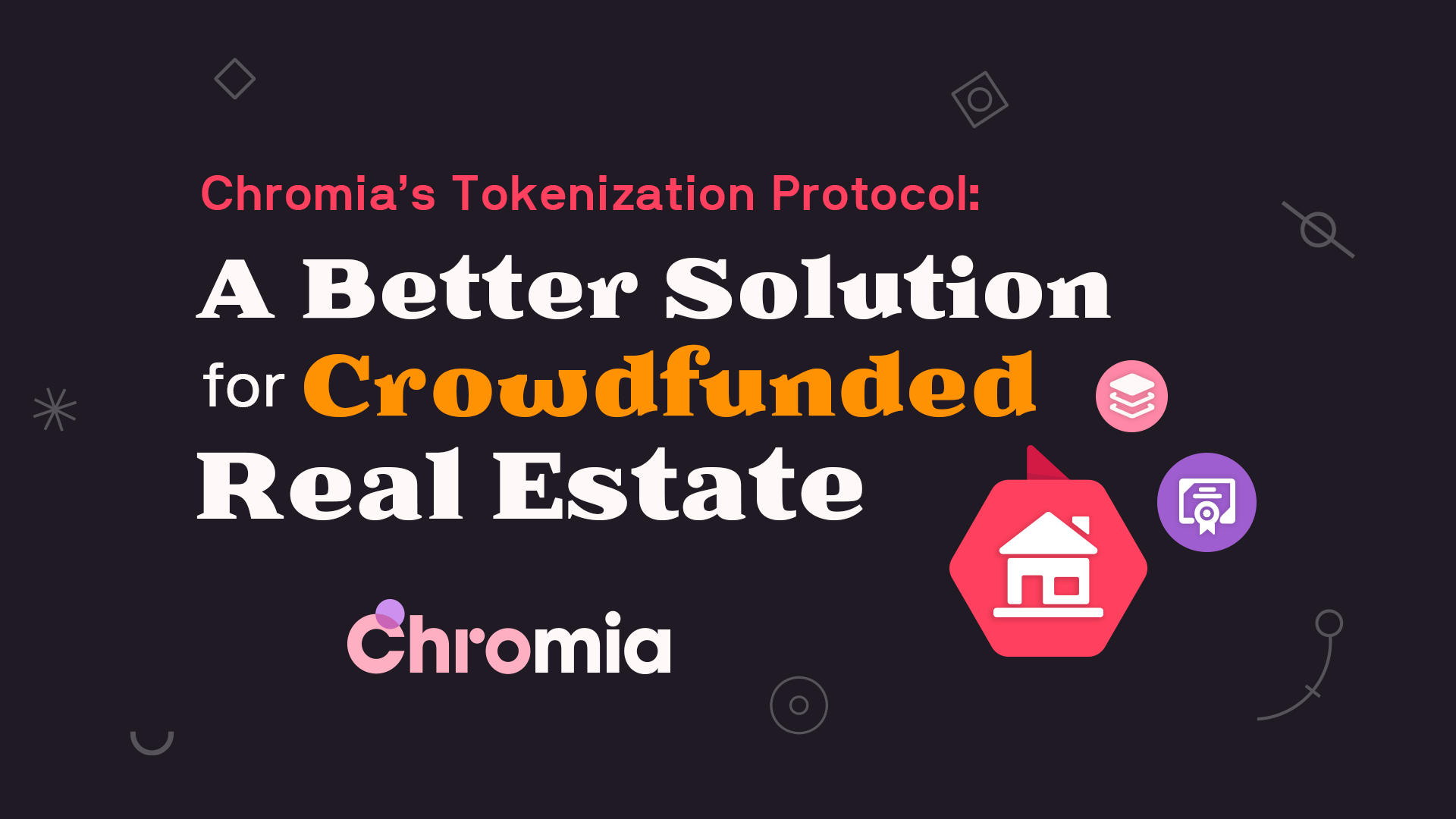The Atlanta Financial Center, a prized real estate asset, was poised to be the crown jewel in the portfolio of small-dollar investors when New York-based Nightingale Group announced its plan to acquire the complex for $182M. With a strategy to raise over $76M via CrowdStreet, a real estate crowdfunding platform, it looked like a "rare opportunity" for individual investors to own a piece of a trophy office at a discounted rate.
A year later, with the deal still pending and investors demanding refunds that cannot be confirmed available, the situation has become a stark reminder of the risks inherent in traditional real estate transactions. In light of these events, it raises the question - could blockchain technology have provided a solution to avoid this predicament?
A blockchain-based protocol like the Ledger Digital Asset Protocol (LDAP) could hypothetically offer a solution to the current challenges faced by real estate crowdfunding platforms and their investors.
Immutable and Transparent Transactions
By recording every transaction on an immutable blockchain ledger, LDAP could offer transparency to all parties involved. In the Nightingale case, each investment made by the 772 individual investors, the status of the funds, and any changes in the financial terms could have been tracked and audited in real-time.
Efficient Capital Raising
LDAP could make raising capital for deals more efficient and less prone to human error or fraud. Once an investment opportunity is presented on the platform, funds could be transferred directly from an investor's wallet to the project's account via the blockchain. This process could reduce the risk of misplacement or misappropriation of funds, as seen in the Nightingale case.
Predictable Timeline
The use of smart contracts in LDAP could provide a more predictable timeline for transactions. When a deal is agreed upon and the smart contract is set, it will execute transactions automatically when the terms are met. This could have minimized uncertainties regarding the timeline of the Nightingale deal, giving investors a clearer idea of when to expect deal closure.
Secure and Programmable Compliance
Investment conditions and terms, including the handling of potential refunds, could be coded directly into smart contracts on the LDAP, offering programmable compliance. In case of disputes or changes in the deal's terms, these smart contracts could be triggered automatically, ensuring that investors' rights are safeguarded.
Streamlined and Efficient Dispute Resolution
Should disputes arise, the immutable and transparent nature of the LDAP's blockchain ledger could provide a clear audit trail, aiding in efficient dispute resolution. If applied in the Nightingale situation, blockchain could possibly have reduced the need for lengthy investigation or legal battles.
While blockchain technology, represented here by LDAP, might not be a panacea for all challenges in real estate investment, it could offer significant enhancements to transparency, security, and efficiency in transactions. As traditional systems show their vulnerabilities, it might be time to consider innovative technological solutions for safeguarding investors' interests.
Read the technical documentation for Chromia’s LDAP here. If you want to learn more about our Ledger Digital Asset Protocol (LDAP), contact us at realworldassets@chromaway.com
About Chromia
Modern society runs on data and every online service you’re using is built upon underlying databases - ranging from your online bank to music streaming and gaming. Chromia is a relational blockchain - a combination of a relational database and a blockchain - making it easy to develop user-friendly decentralized apps for almost any industry, including DeFi, NFTs, gaming, and more.
Website | Twitter | Telegram | Facebook | Instagram | Youtube | Discord

